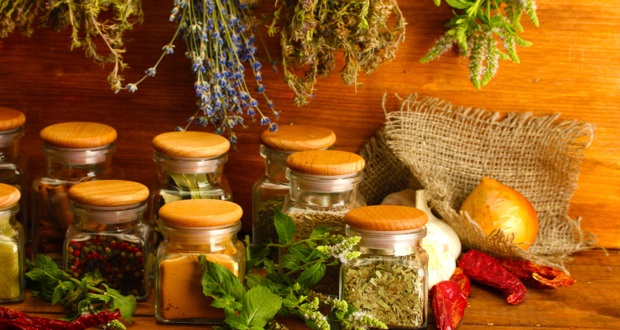Obesity is a condition where an individual is grossly overweight due to accumulation of excess fat on the stomach areas, buttocks, breasts, thighs etc.
This excess fat build up is caused when a person consumes more calories every day than what the person is able to burn off.
Obesity is partly hereditary.
Obesity is described as ‘Medoroga’ in Ayurveda. According to Ayurveda, people with a Kapha constitution are more likely to gain weight through excess fat than a Pitta or Vata person.
- The obese have
- a shortened life,
- difficulty in movement
- difficulty in sexual intercourse,
- tiredness,
- body odor,
- copious sweating,
- excessive hunger and
- severe thirst.
This may also lead to diabetes, hypertension and arthritis.
Causes of Obesity
Overeating of heavy / cold food Intake of excessive calories Disturbance of thyroid or pituitary glands, Excess sleep especially during day time Lack of physical activity and a sedentary life Hormone imbalance Hereditary Factors
Ayurvedic Treatments for Obesity
Ayurvedic treatments for obesity consist of panchakarma treatments, rasayana treatments and other diet regulations. Panchakarma treatments are needed to remove the accumulated toxins from the body and to bring him back to normal self.
Ayurveda cautions us that attempts to stay artificially thin may be unhealthy and may aggravate vata dosha. Efforts at reducing body weight must take into consideration a person’s constitution also.
According to Ayurveda a mild, long-term reducing plan is more natural than crash diets.
Management of Obesity includes reducing or lightening therapy with a light diet, fasting, and digestive (spicy) herbs.
Ayurvedic Remedies for Obesity
- Avoid excess eating; intake of fat and carbohydrates should be restricted.
- Avoid fried and heavy foods.
- Avoid sleeping during the day; sleep in the night after one hour of your dinner
- Do regular exercises like walking, running or swimming- avoid a sedentary and lethargic lifestyle
- Minimize the use of oil and ghee; use nonstick pan for cooking.
- Try to eat warm and freshly cooked meals; avoid aerated drinks and excess water after meal. Avoid chocolates, ice creams, cheese etc Avoid drinking alcohol
- Consume wheat products instead of rice products. Include fruits and green vegetables like bitter gourd, drumstick in your diet







